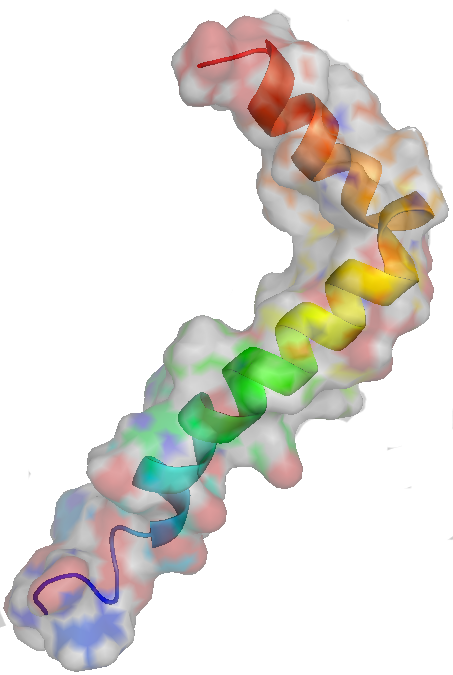Multiple Sclerosis Cured by Protein Blamed for Alzheimer's Disease

Though it has been well-documented that everyone is mesmerized by villains, we love converting foes into friends even more. Perhaps that is one part of why the news about the reformed beta-amyloid, a protein piece, is so exciting.
Certain types of beta-amyloids, when incorrectly folded, have long been blamed by scientists for killing brain cells in Alzheimer's disease. But, when injected into mice with rodent models of multiple sclerosis, it reversed the damage of the disease, and in some cases even cured them.
Multiple sclerosis is an autoimmune disorder that targets the brain and spine. It is caused by damage to the myelin sheath, the protective coating of nerve cells. The damage is caused by inflammation when the body's immune system cells attack the nervous system.
Lawrence Steinman from California's Stanford University had expected the protein to exacerbate the damage caused by multiple sclerosis. After all, beta-amyloid is venomous to neurons and builds up where myelin sheaths are destroyed.
But when PhD candidate Jacqueline Grant inserted the protein into mice's body cavities, they found just the opposite. In fact, the injection delayed or reversed the onset of paralysis.
Researchers were stunned, and thought that the result must be a mistake. But when Grant injected mice again, she found the exact same results. The injections also seemed to reduce the level of inflammation.
Subsequent studies involved researchers removing immune cells from the mice's own spleen and lymph node cells, treating them with beta-amyloids, and inserting them once again into the mice. Then, too, they found the same results.
What's more, researchers were wary of beta-amyloids building up in the brain, but analysis of the mice showed no such thing.
The scientists believe that the effect that they are seeing is a result of beta-amyloid's clamping down on the overactive immune system in multiple sclerosis patients.
Steinman's team also found that another, less-villainous protein had similar effects. This protein, called alpha-crystalline B, is found in the lens of the eye. It seems to be benign, unlike other amyloid proteins.
The team is exuberant, but understandably cautiously optimistic. The trial in mice is one of many that will need to be done before they get to humans, and even then, the results may not be the same in people. Even still, the trial will hopefully lead to a new, more effective therapy for people with multiple sclerosis.
The results of the study were published in a recent issue of Science Translational Medicine.



























